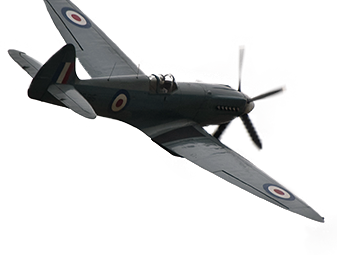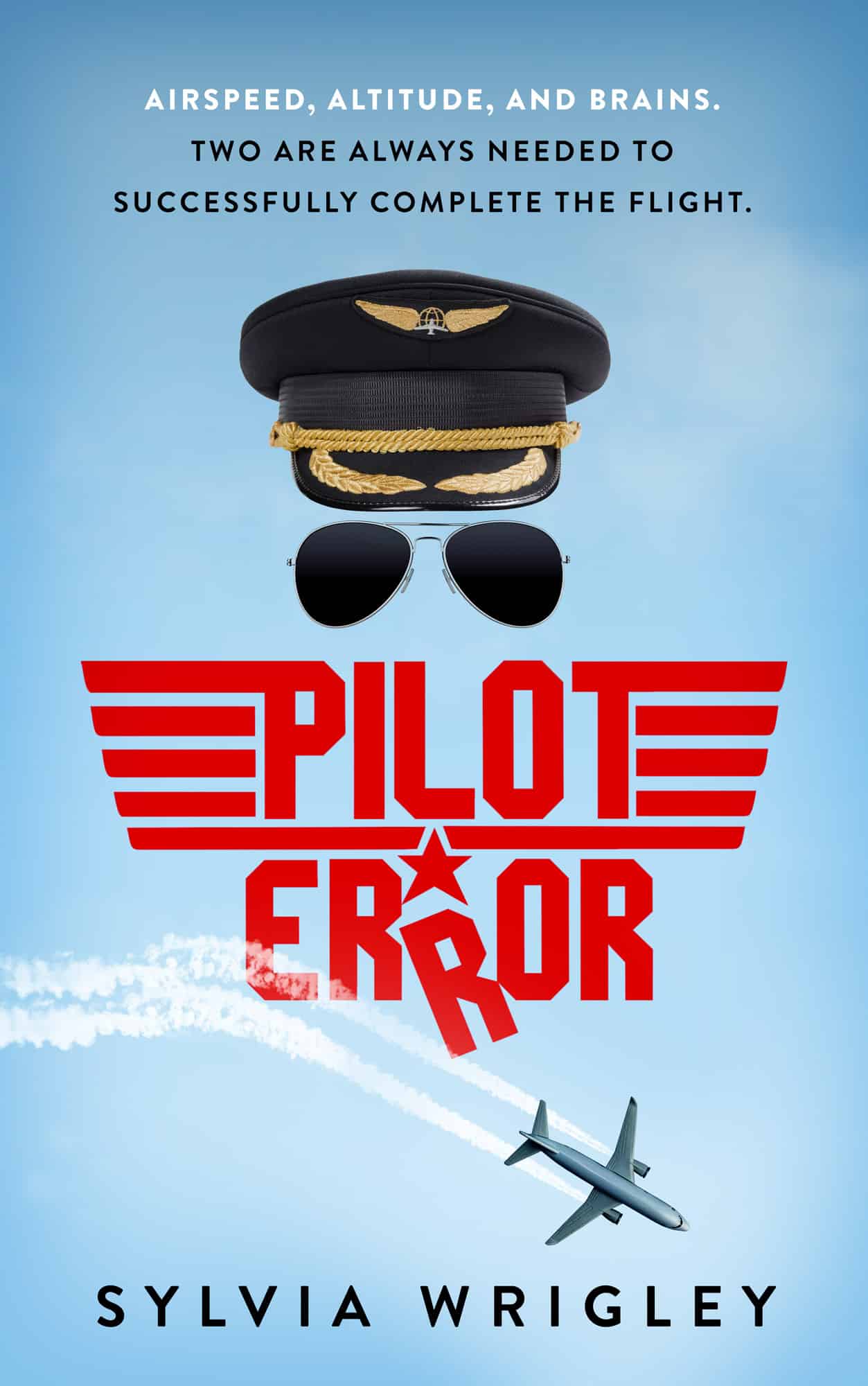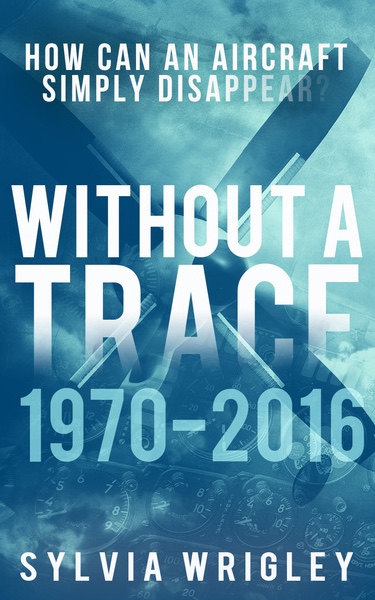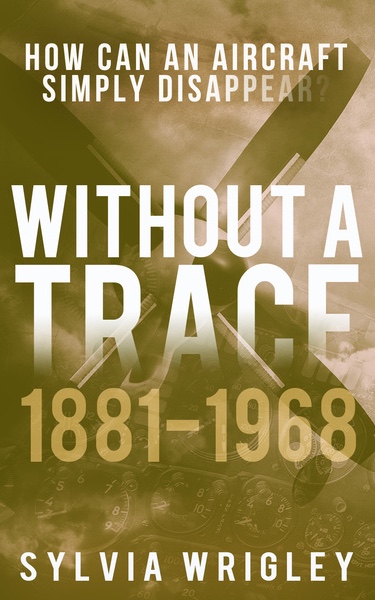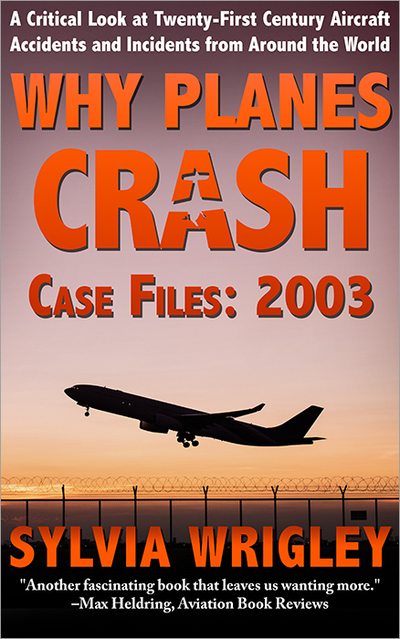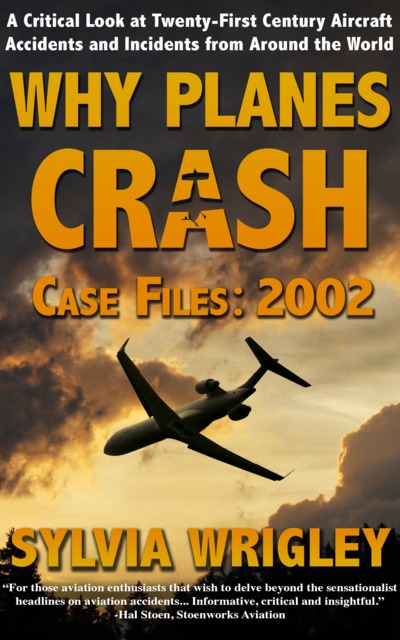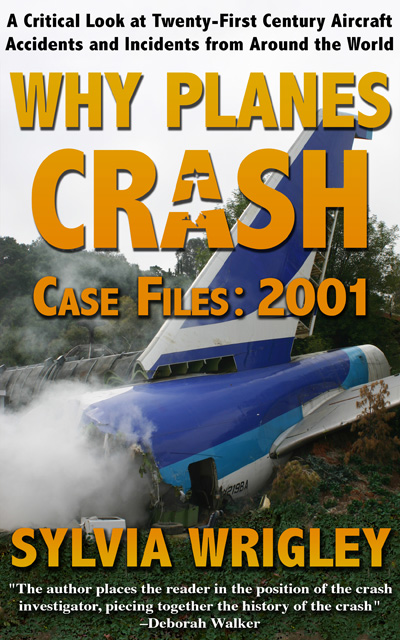In the Cockpit
I have been collecting my essays, articles and blog-posts into a single volume to see if it would read well as a book. This is part of the introduction: how I ended up studying for my Private Pilot’s Licence out of a grudge rather than actual interest. It didn’t take long before I was hooked!
 When I was small, we lived in Inglewood, spitting distance from Hollywood. In the movies, I would have jumped into the Cessna and flown my heart out until I became the best pilot of the group. Then the other students would have begged me to help them improve their skills and the RAF airman would have declared his undying astonishment at my natural flying abilities and then I would have flown the little 6-seater plane into the sunset.
When I was small, we lived in Inglewood, spitting distance from Hollywood. In the movies, I would have jumped into the Cessna and flown my heart out until I became the best pilot of the group. Then the other students would have begged me to help them improve their skills and the RAF airman would have declared his undying astonishment at my natural flying abilities and then I would have flown the little 6-seater plane into the sunset.
That’s not quite how it happened. From the beginning, I lagged behind the other students. I forced myself back into the plane but the fear stayed with me.
In the afternoons, when a combination of heat and gusting wind made in-the-air instruction impossible, Oliver and his companions told horror stories of their worst students: a teenager who played “Ace Pilot” video games and was sure he knew it all, a young student whose mum insisted he couldn’t get in the plane unless she could sit in the back and a business man who regularly fell asleep at the controls.
It was clear that despite my misgivings, there were actually people who were less suited to flying than I was. And so I felt more comfortable with my role: The instructors saw me as a challenge. They were used to fixing mistakes, it was their job to remain on guard and ready to take control. They weren’t going to allow me to kill myself. This gave me enough peace of mind to continue.
We fell into a routine. I didn’t like the early flights; I’ve never been a morning person. I arrived with the others and retreated to the dark bar where Juan wordlessly handed me a café solo. By lunchtime the place would be full of ancient aviators sitting at the oak table, watching the Spanish news on at full blast but at this time of the morning it was quiet. By the time it was my turn to fly, taking whichever Cessna came free first, I felt awake and almost competent. Often the previous occupant had seen to the fuel for me, so I simply walked around the plane to make sure the wings were still attached and then hopped in with Oliver for my hour in the air.
I had a detailed checklist which I referred to for my every move. It somehow felt like cheating, I should be memorising the steps. But Oliver assured me that no, every competent pilot used a list and mentally checked off each items, even the man who flew the Concorde. So I got out the laminated sheet and went through the steps needed to get started.
Check the meter on the passenger side of the plane – the Hobbs they called it but it had nothing to do with Calvin and – note the starting number. At the end of the flight, I would note the new number and work out the elapsed time: this allowed me to track my flight time for my logbook. Make sure the control wheel lock isn’t attached (that would be embarrassing) and check that I have the ignition key with me. Verify that the radio is switched off and then turn the master switch on. Check the fuel quantity. Check the doors are closed and seatbelts on. Put my feet firmly on the brakes (readjust stolen cushion as appropriate) and tug the flight controls to make sure they are moving freely, extra points for knocking the too-tall instructor in the knees in the process. Set the fuel tank selector to both and set the trim to the Takeoff setting. Now take a deep breath and think about starting the engine.
I loved the list and I especially loved the fact that no one was going to take it away from me and give me a pop quiz. Everything that needed to be done inside the plane was itemised up to the point of taking off from the runway.
My heart still skipped a beat as we pulled away from the ground but these days I had no time for peering out of windows. Oliver gave me non-stop instructions, taking us out to sea for general handling or circling the airfield for circuits.
By the end of the hour, my arms ached and my head felt full of cotton wool. Once everyone was on the ground, we sat in the small wooden chairs which had small tablets attached to make for simple desks. I regularly fought off juvenile urges to carve my initials into the laminate and throw spitballs. Here, I learned about angles of attack and chord lines and drag: it wasn’t simply magic that kept the plane aloft.
 As the temperatures rose, the darkness of the bar tempted us away from the study rooms. The double-doors were layered with black reflective material, I had a bad habit of stopping to fix my hair or worse, check my teeth before remembering that there was a contingent of bored Andalucian men, sipping coffee and grunting at each other about the news, who could see me silhouetted in the doorway.
As the temperatures rose, the darkness of the bar tempted us away from the study rooms. The double-doors were layered with black reflective material, I had a bad habit of stopping to fix my hair or worse, check my teeth before remembering that there was a contingent of bored Andalucian men, sipping coffee and grunting at each other about the news, who could see me silhouetted in the doorway.
Opening those doors, we walked into total darkness. After the bright glare of the sun, it was impossible to see anything except the dull flicker of the black-and-white television in the corner. After a few minutes, the long room would come into focus. First the television lit up the ancient wooden cabinet pushed against the wall. Then the men would come into focus, leaning on the long old oak dining table. Beyond them, the bar with a few bottle of spirits, a fridge full of beer and water and a coffee machine.
Behind the bar was the door to the office. A few minutes after we entered, Juan would walk through the door behind the bar that led to the offices. He always walked through as we entered, as if he was aware of our every step on the airfield. Someone would buy a round of ice-cold Lanjarón, the local bottled water. We’d discuss the day’s lesson while Juan stood behind the bar, ready to do anything required of him as long as he didn’t have to talk.
It was a comfortable routine, I felt a part of the aviation world. As the days went on, I forgot my panic and carried on flying with Oliver, learning the controls and memorising the words. I knew for a fact that the one-ton plane was capable of hanging in the air in a way that my car could not. I readily accepted that the wings made one hell of a difference. I felt happy with that, secure that people with better brains than mine understood it – in the same way that pilots with better skills than mine flew the plane.
And that was all fine, until the day Oliver told me he wanted me to take the plane up on my own.
Who was going to fly it?
Read the whole story in my ebook: You Fly Like a Woman
